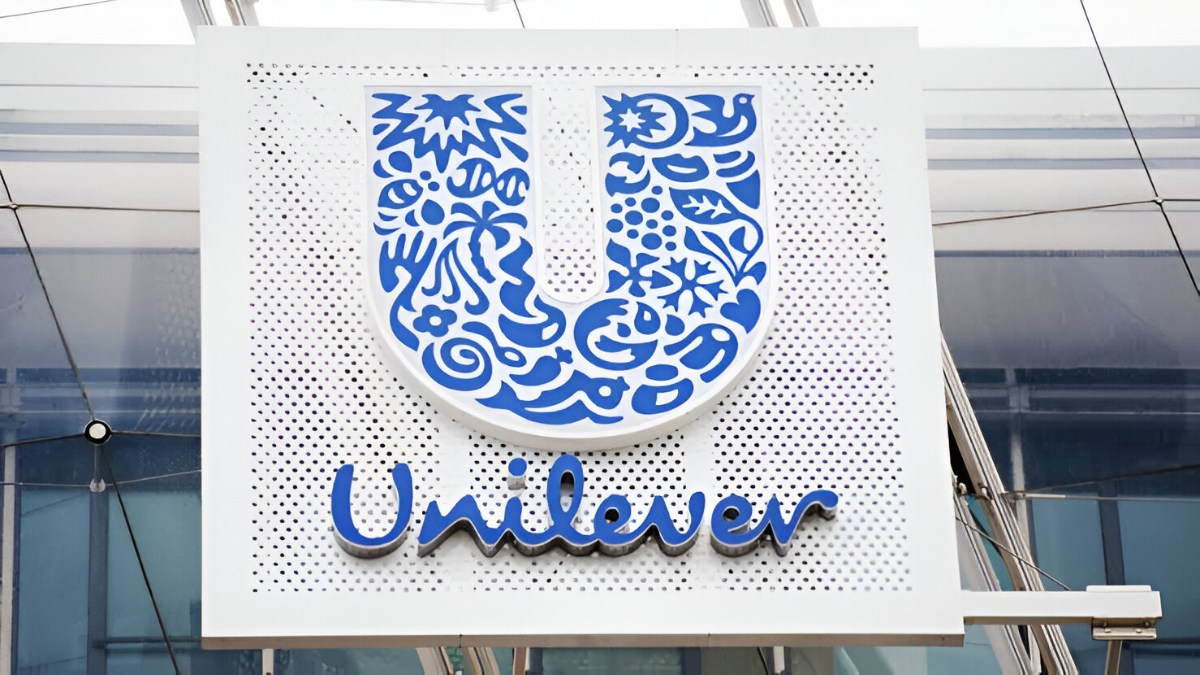7 Steps To Make More Money From Mutual Fund Investments
Investments in mutual funds is surging, as record amounts have been placed in mutual funds, in the last two years.
Investors are beginning to realize the potential for equities to generate wealth and gradually a paradigm shift is happening from real estate and gold to mutual funds. In the last three years, equity mutual funds have generated returns anywhere between 10-20 per cent returns. This is pretty decent, when compared to most asset classes.
However, before you invest in mutual funds, you should be careful. Here are a few things that you should look at before investing and that will help you to make more money from mutual fund investments.

Expense ratio
Expense ratio is nothing, but the amount a mutual fund spends to run a scheme, which includes fund management fee, commissions, promotional expenses etc. For example, Birla Sun Life Tax Plan has an expense ratio of 3.04 per cent, while Axis Long Term Equity has just 1.99 per cent according to Value Research Online. Lower the expense ratio the better it is. So, before investing, check the expense ratio.

Exit Load
Exit load is the amount that is deducted, if you sell or redeem your units. Normally, this is one per cent, if you redeem your units before 1 year. However, there are many funds that do not have an exit load. Classic example is Axis Long Term Equity. No exit load means better returns from mutual funds for you.

Ratings can be a good indicator, but, not definite
Crisil and Value Research Online provide ratings for investors. Both are known to be highly credible and take various parameters into account. You might want to check the ratings before you make an investment decision in mutual fund schemes.

Compare returns
Many portals offer you a comparison of returns for 1, 3, and 5 years. Go through these portals and see what returns have been given by which mutual funds.
Having said so, it is highly likely that past performance is no indication of future performance. Examine other parameters that we have highlighted as well.

Is bigger always better?
If the fund size is too large, it maybe forced to invest in large cap stocks. On the other hand if it is small, it can be a little bit more nimble footed. There are no benchmarks that are cast in stone, when it comes to: what is the appropriate size? But, if you are in a relatively smaller sized fund, they may invest in small and midcap stocks, which have the potential to generate superior returns.

Switching can cost you
To maximize returns from mutual funds avoid frequent switching from one mutual fund scheme to another. It could cost you money and is not advisable, as returns from equity funds are generally lower over the short term.

Decide based on risk taking ability
Decide whether you want to stick to an equity or a debt mutual fund. If you are unable to take risk due to factors like age, financial conditions etc., stick to debt funds. Otherwise, move money to equities, which have given much better returns in the more long term.
































